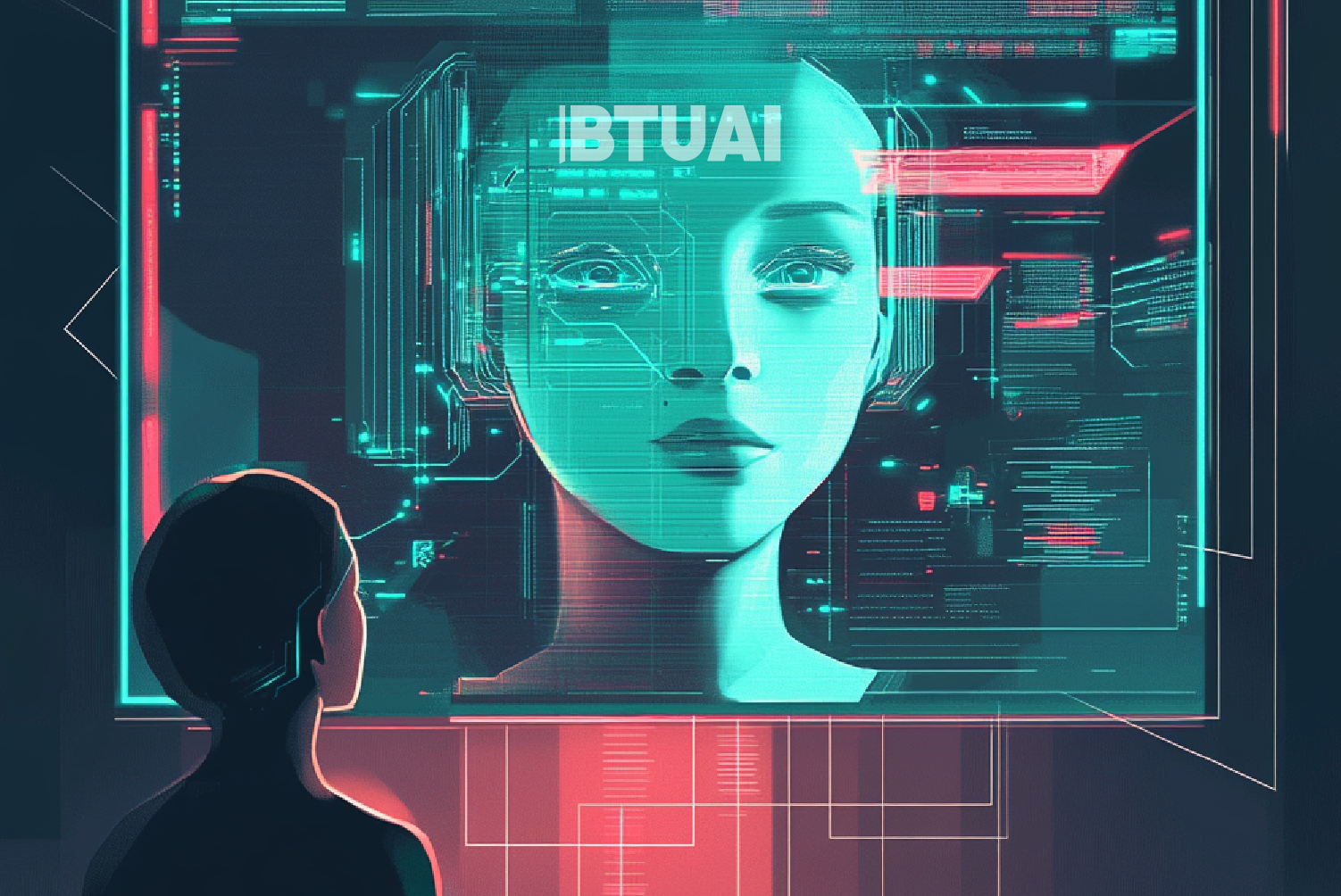Public Perceptions of Artificial Intelligence – A Discussion in the Context of Georgia
Artificial intelligence (AI) is increasingly becoming a topic of discussion in Georgia. Many believe it poses a threat to

Artificial intelligence (AI) is increasingly becoming a topic of discussion in Georgia. Many believe it poses a threat to jobs, is only accessible to large corporations, or that it is an infallible and absolute source of truth. This article examines some of the most common perceptions and their real implications.
“AI will replace all jobs” – There is a widespread belief that artificial intelligence will completely reshape the job market, leaving many unemployed. However, the reality is more complex. While automation does change professional requirements and reduces the need for some repetitive tasks, it also creates new job opportunities that require adaptation to technology. In Georgia, for example, the demand for data analysts and AI system managers is already increasing. Technologies, including AI, are often tools for improving work processes rather than simply replacing jobs.
“AI is only for big companies” – Some believe that artificial intelligence is only accessible to global corporations or large tech companies because its implementation is associated with high costs. In reality, however, many small and medium-sized businesses in Georgia are already using AI tools. For instance, some Georgian online stores and service providers actively use AI-based chatbots to respond to customer inquiries. Additionally, AI tools help local marketing companies optimize advertisements and analyze customer behavior.
“AI thinks and understands like a human” – There is a common perception that artificial intelligence can genuinely “think” or “understand” human emotions and needs. In truth, AI does not possess feelings or consciousness but operates based on algorithms. For example, translation systems that work in Georgian often fail to grasp cultural context and the full meaning of texts. This demonstrates that AI processes patterns rather than “comprehending” information the way a human does.
“Only programmers can use AI” – A widespread belief is that artificial intelligence is only usable by those with programming skills. However, in recent years, AI tools with user-friendly interfaces have become widely available, making technical knowledge unnecessary. For instance, Georgian companies are already utilizing AI platforms for automated marketing, data analysis, and customer behavior prediction. These tools enable businesses to manage their operations effectively without requiring programming expertise.
“AI is always right” – Many assume that AI-generated information is always accurate because it is based on data. However, AI’s accuracy depends on the quality of the data it has been trained on. Automated systems working with the Georgian language often make mistakes due to data scarcity or unreliable sources, leading to lower accuracy. This is particularly evident in automated text translation and voice assistants, where the unique structure of the Georgian language frequently presents challenges.
Artificial intelligence is indeed transforming daily life and business environments, but it is crucial to assess its capabilities realistically. It is not omnipotent, and its successful implementation requires proper management and critical thinking. In Georgia, AI’s role is still in the process of development, and its full potential will depend on how realistically society perceives and utilizes it.




